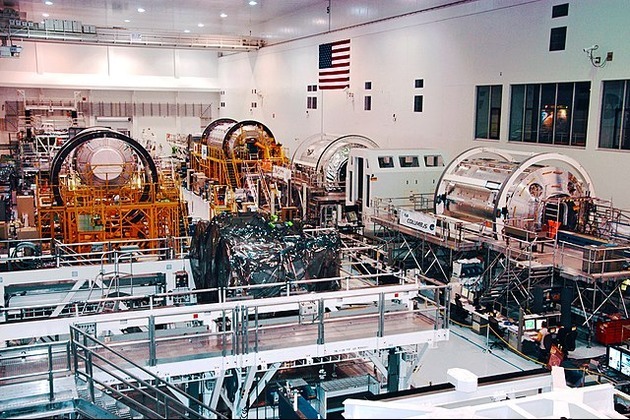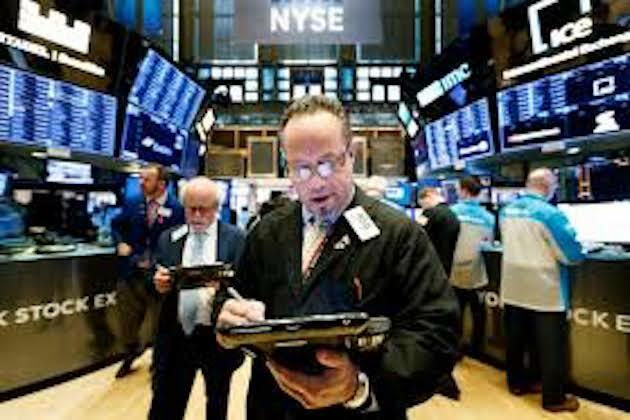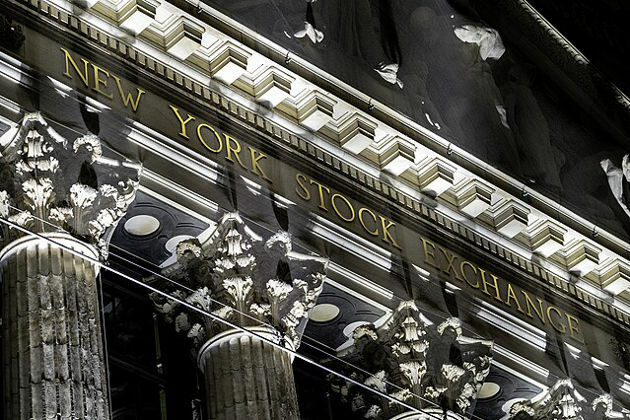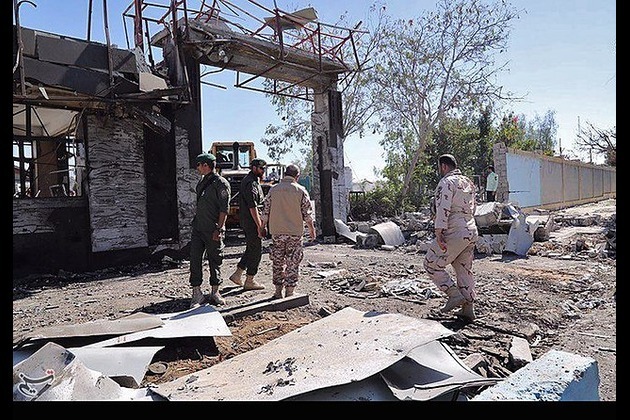Wild swings in the oil price make the Reserve Bank's job harder
The Conversation
25 Jun 2025, 05:12 GMT+10

It looks, at least for now, as though tensions in the Middle East are easing somewhat. It appears much less likely Iran will try to close the Strait of Hormuz, through which flows about a fifth of the world's oil.
In response, oil prices have dropped to a two-week low below US$70 a barrel.
The economists at the Reserve Bank will be breathing a sigh of relief. A surge in oil prices would have injected more uncertainty into the global outlook. It would have made a decision on whether to cut interest rates in July harder.
Financial markets are betting on a rate cut at the July 7-8 meeting, but three of the four major bank economists are tipping August as more likely.
The global economic environment is particularly challenging. Even before the recent increased tensions in the Middle East, the Trump tariff announcements (and withdrawals and re-impositions) were the major cause of the uncertainty around the domestic economy.
And there is a lot of "uncertainty". Journalist Shane Wright noted the word "uncertain" appeared 134 times in the Reserve Bank's latest Statement on Monetary Policy. Something similar has been noted in the United Kingdom.
There have been wild swings in the oil price in recent days. There was a surge on market fears Iran would close the Strait of Hormuz. The price slid when a ceasefire was announced. It rose again when the ceasefire was broken within hours. As the fragile truce appeared to hold, the price of oil has now gone back down.
Forecasting where it will be in a day or week, let alone in a month or a year, is difficult. But economic forecasts underlying monetary policy decisions need to incorporate some view. The Reserve Bank generally assumes the oil price stays at its current level in the short term. It then uses the price in forward contracts as a basis for its forecasts beyond that.
A sustained jump in oil prices would have posed quite a dilemma for the Reserve Bank.
Generally a shock that adds to inflation would lead to the bank raising interest rates. In contrast, a shock that weakens economic activity would lead to the Bank lowering rates.
But a surge in oil prices would likely both increase inflation (by pushing up petrol prices) and weaken activity (by disrupting world trade and eroding consumers' purchasing power).
If the oil price surge was expected to be short-lived, it is unlikely to get baked into inflationary expectations. The bank would then probably disregard it. But assessing the longevity of disruptions to the global oil market is not easy.
On Wednesday, the monthly consumer price index (CPI) fell to 2.1% in May from 2.4% in April. This is the equal lowest level since March 2001.
But the monthly reading will probably not impress RBA Governor Michele Bullock. In her most recent press conference, she commented that "we get four readings on inflation a year", referring to the quarterly inflation reports. She was dismissive of what she termed "the monthly indicator which is very volatile".
In taking its decisions, the bank often relies on an underlying inflation measure called the "trimmed mean". This excludes items with the largest price movements up or down, so it removes petrol prices when they move by large amounts. This measure was 2.4% in the monthly report.
Petrol prices are also a significant contributor to the volatility of the monthly CPI.
Both headline and underlying inflation are now within the central bank's 2-3% target range. In its most recent outlook, the Reserve Bank forecast underlying inflation would remain in the target band, even if it made another two cuts in rates this year.
So a further interest rate cut remains likely. If it doesn't cut in July, the bank could wait for the next quarterly inflation report on July 30, and then cut at the August 12 meeting.
Treasurer Jim Chalmers described the global economy as being "in a pretty dangerous place right now".
"There's a lot of volatility, unpredictability, uncertainty in the global economy," he said. That is one thing that is not uncertain.
 Share
Share
 Tweet
Tweet
 Share
Share
 Flip
Flip
 Email
Email
Watch latest videos
Subscribe and Follow
Get a daily dose of Houston Mirror news through our daily email, its complimentary and keeps you fully up to date with world and business news as well.
News RELEASES
Publish news of your business, community or sports group, personnel appointments, major event and more by submitting a news release to Houston Mirror.
More InformationBusiness
SectionTariffs, inflation raise stagflation risk as Fed eyes next move
WASHINGTON, D.C.: U.S. business activity showed signs of softening in June while inflationary pressures continued to build, driven...
U.S. stocks extend rally as Israel and Iran make peace
NEW YORK, New York - U.S. stock markest closed sharply higher on Tuesday as a truce entered into between Irsael and Iran after 12 days...
Meta unveils Oakley AI glasses as next step in wearable tech push
MENLO PARK, California: Meta is taking another swing at smart eyewear—this time with a sporty edge. The company announced a new partnership...
Markets rally on hopes Iran won’t disrupt oil flow
NEW YORK CITY, New York: U.S. stocks went up and oil prices fell this week as investors hoped that Iran would not block the global...
Water guns become symbol of anti-tourism anger in Barcelona
BARCELONA, Spain: Residents of Barcelona have devised a novel way to protest the presence of tourists in their city. Using a cheap...
Bird flu plan in the works as USDA weighs export, vaccine risks
CHICAGO, Illinois: For the first time in history, U.S. officials are considering a coordinated plan to vaccinate poultry against bird...
International
SectionMultiple Israeli troops die as armored personnel carrier is blown up in Gaza
KHAN YOUNIS, Gaza - Seven Israeli soldiers were killed in a large explosion in southern Gaza's Khan Younis area on Tuesday night,...
Khamene remains in hiding as clerics fast-track succession plans
DUBAI, U.A.E.: Iran's top clerics are quietly accelerating succession plans for Supreme Leader Ayatollah Ali Khamenei, who was threatened...
Monsoon floods batter China, raising climate concerns
BEIJING, China: Extreme weather is once again testing China's resilience, as intensifying monsoon rains trigger floods across major...
UK and France issue heat warnings as temperatures climb
LONDON/PARIS: British and French authorities have warned people to stay safe as an early summer heat wave brings unusually high temperatures...
Muslim bloc calls on Israel to sign Nuclear Non-Proliferation treaty
ANKARA, Turkey: Amid rising tensions in the Middle East, the Organisation of Islamic Cooperation (OIC) announced it would form a new...
Trump goes on social media to announce Israel-Iran ceaeefire
WASHINGTON DC, - U.S. President Donald Trump has claimed a ceasefire has been reached between Israel and Iran. He made the claim on...













